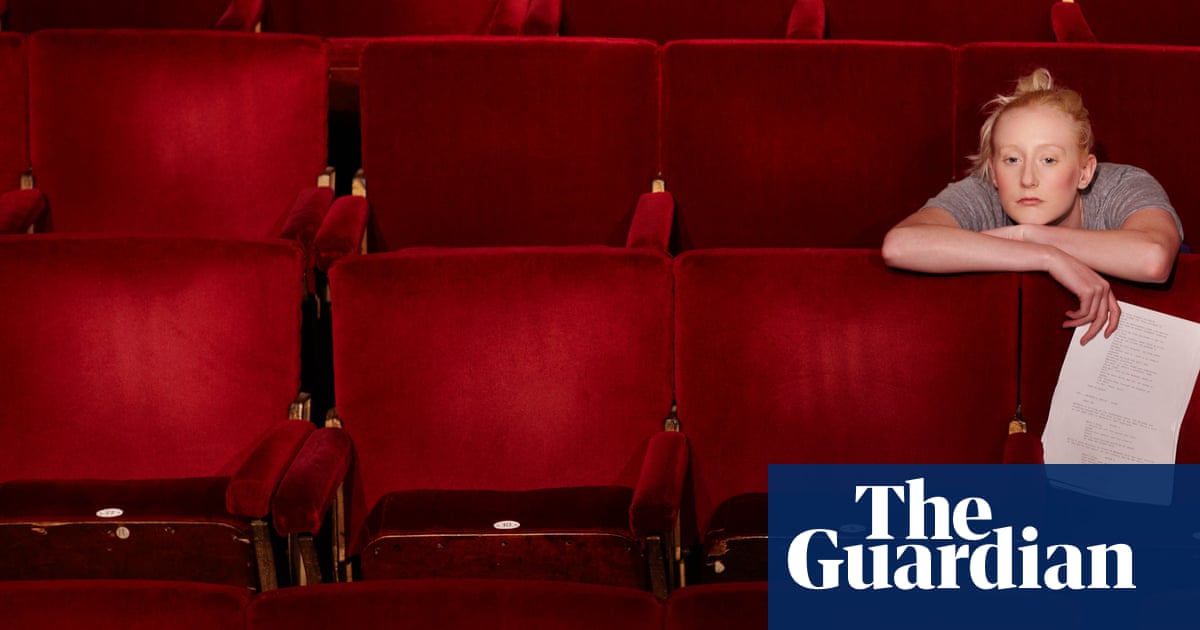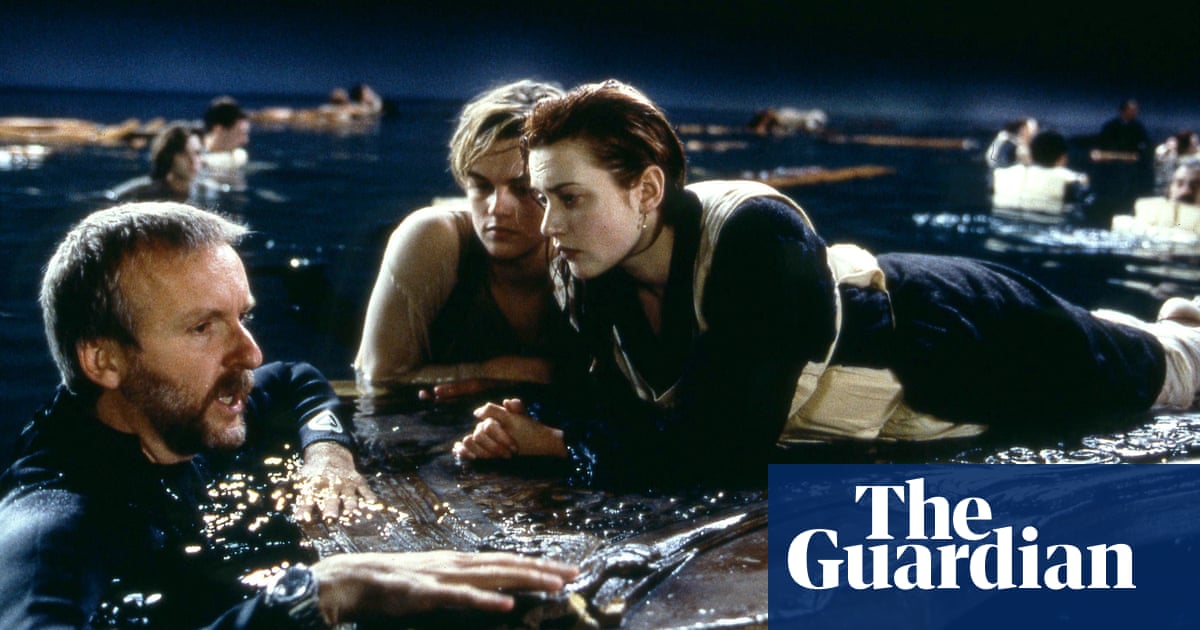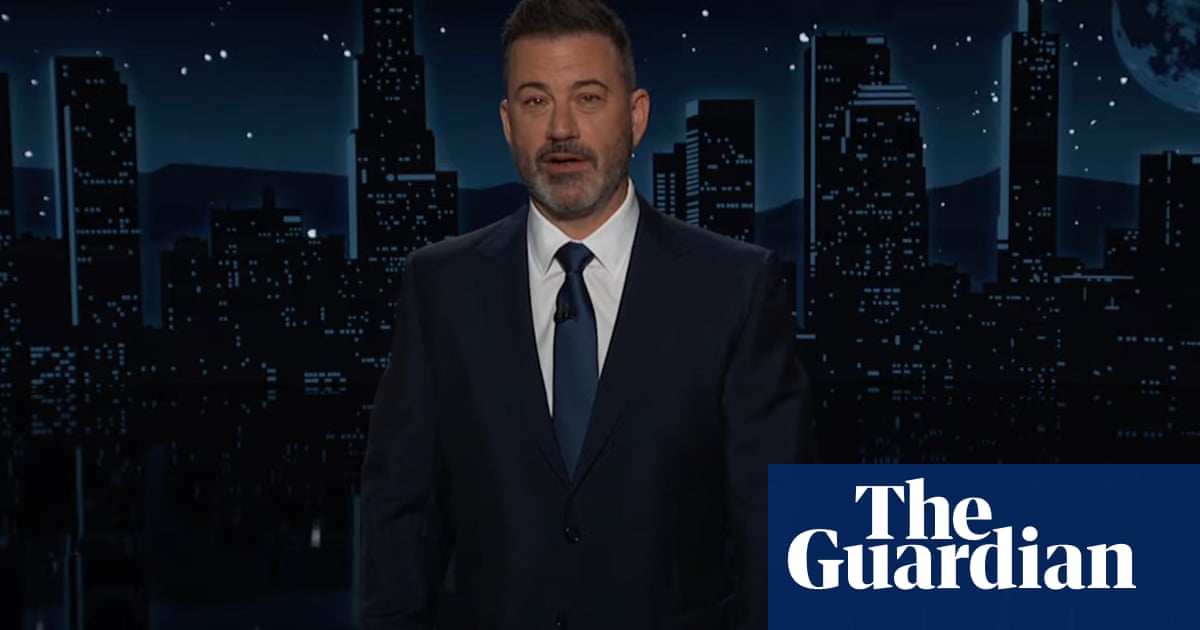
It has been quite a journey. And that’s just for viewers. Tonight sees the finale of Race Across the World, the BBC2 series in which five pairs of travellers competed to be the fastest getting from Mexico City to the most southerly city in the world, Ushuaia in Argentina.
Covering 15,000 miles in two months and passing though 16 countries, with checkpoints in Honduras, Panama, Colombia, Peru, Bolivia, Brazil and Chile, the competitors had to complete their journeys without flying or using mobile phones, and with only £1,453 cash in their pockets at the beginning.
Picking up jobs along the way, the five pairs became four when one couple had their money stolen and had to withdraw. Part of the route had to be redrawn when civil unrest erupted.
The show’s popularity has grown as lockdown has dragged on, with audiences increasing week on week. It is set to become BBC Two’s most-popular programme this year, if 3.4 million watch tonight’s finale at 8pm.
Part of the show’s appeal is the opportunity it has offered a nation under lockdown to travel vicariously. But it is the dynamics between the competitors – known only by their first names – that has delighted the show’s fans and prompted frenzied discussion on social media as to who the nation wants to win the £20,000 prize for coming first.
Whoever wins, all involved said they had loved the experience – despite the many low points. And all said it had changed them.
Twentysomething brother-and-sister duo Dom and Lizzie visibly matured as the show progressed. Both had problems with self-esteem but their attempts at hitchhiking earned them new confidence.
After Dom, a teaching assistant, collapsed in Bolivia, prompting an intervention from the emergency medic who travels with the teams, it looked like the pair would not be able to finish.
“I had never seen Dom like that before: I felt helpless,” said Lizzie, a chalet host. “It was a hard decision choosing to carry on so soon after, and we really struggled for that whole leg.”
The pair say their decision to stay with the indigenous Bribri people in Costa Rica marked a turning point. “I think it was the first time Dom and I really reflected on our relationship,” Jen said. “Especially as they explained to us how important family is to them.”
Husband-and-wife team Rob and Jen’s bickering has produced some of the show’s more comic moments, although their epic argument in La Paz, Bolivia pushed them to their limits.
“We were at breaking point with struggling to communicate with each other, not eating, not sleeping, constantly on the go and making decisions without any information,” Rob said. “But then again, we needed it to happen. It was also the turning point for us as we were then able to rebuild the way we interact with each other.”
Jen added: “I’m actually glad it happened. It was the blowout we needed.”
Mother Jo, whose relationship with her permanently hungry son Sam has been one of the show’s highlights, fulfilled a lifelong dream on her journey.
“Working on the gaucho ranch with the horses in Argentina had been on my bucket list for a long time – it was such a special moment,” she said.
One episode in which Sam, who has ADHD, looked about to quit had viewers on tenterhooks. “It was really touch and go if I’d continue at that moment, but I managed to work through it and I think it gave me some confidence,” he said.
One personal high was working on a family farm in Argentina, because it reminded him of his late grandfather. Another was surfing in Brazil.
Uncle-and-nephew combination Emon and Jamiul were often the first to finish a stage. Emon said his favourite moment was trekking up Vinicunca, also known as Rainbow Mountain, in Peru.
“My nephew struggled on the mountain with altitude and asthma, but with sheer determination we were able to make it to the peak. It was a sense of achievement for us both in our relationship and in the race.”
Jamiul said the experience helped him discover an inner strength. “It taught me I can push myself and persevere in times of hardship and struggle.”












